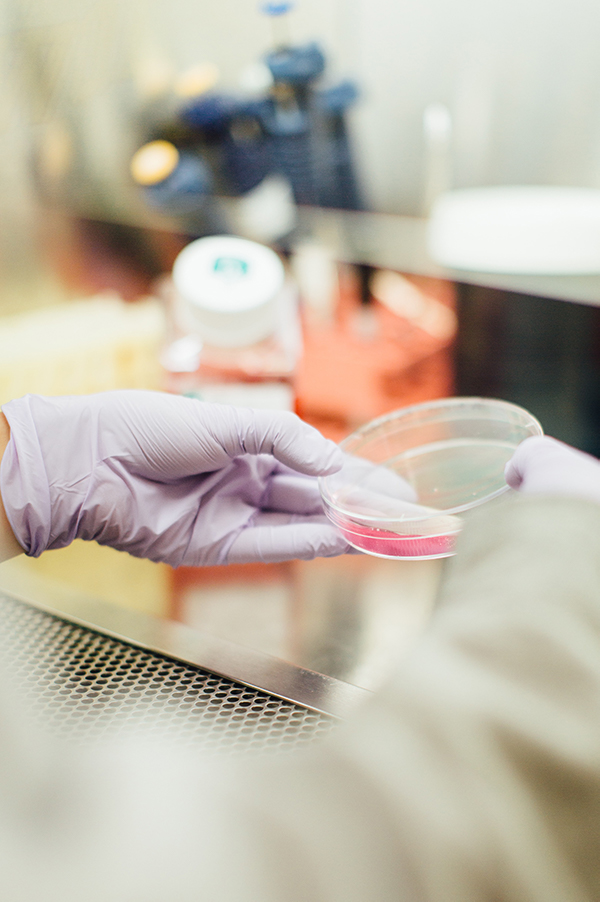Œnoppia, an initiative taken
by œnological professionals
Œnoppia is an internationally minded association grouping together the producers of oenological products. General œnologists or specialists in a particular field, the member companies of Œnoppia have a common profession : that of developing, producing and marketing œnological products.





